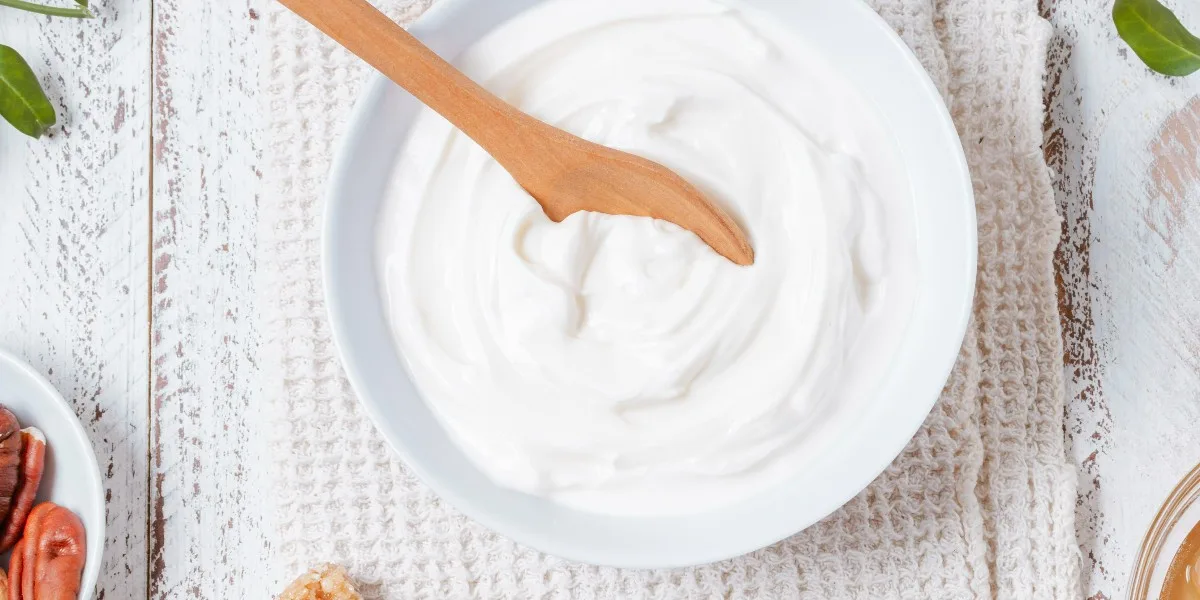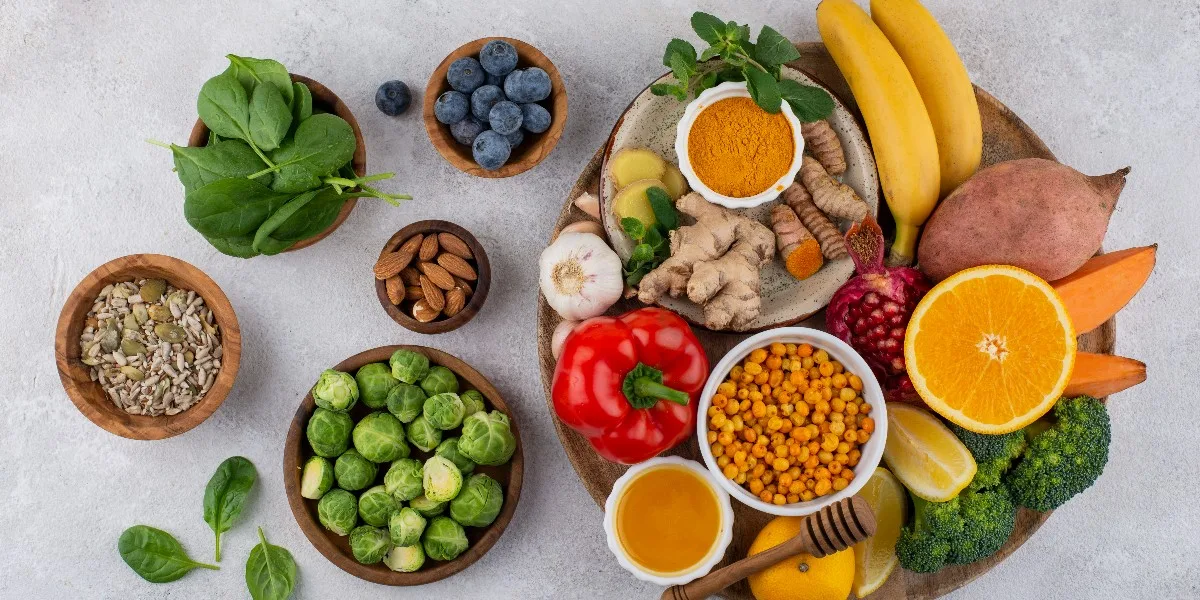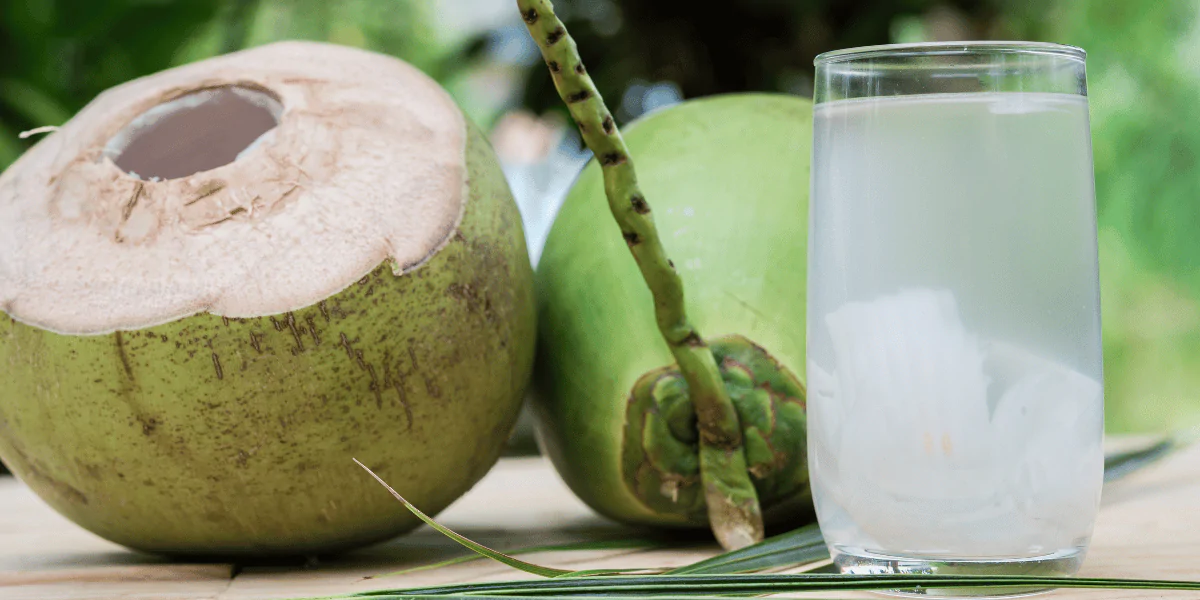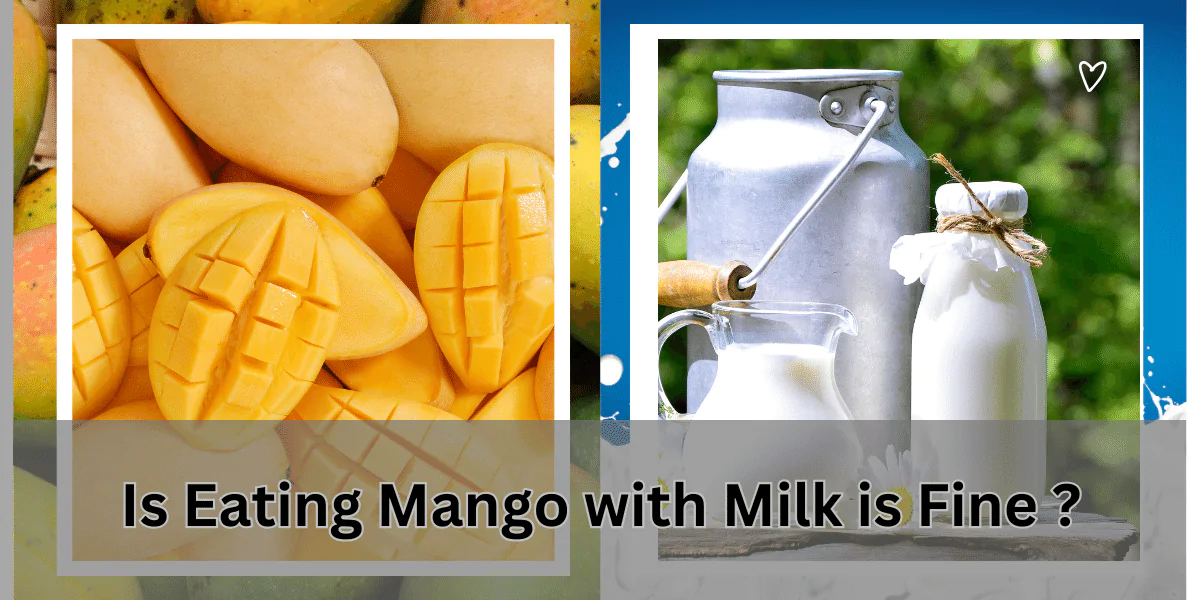If you’re looking to improve your overall health and well-being, it’s time to turn your attention to your gut. Research has shown that maintaining a healthy gut is crucial for optimal digestion, nutrient absorption, and even immune function. One of the best ways to support gut health is by incorporating fermented foods into your diet. These nutrient-dense, probiotic-rich foods have been around for centuries, and their benefits are becoming increasingly recognized in the modern world.
An Introduction to Fermented Foods Fermented foods
Fermented foods have been an integral part of traditional Indian diets for centuries. From idli and dosa to gundruk and achaar, these foods are created through a process of lacto-fermentation, where natural bacteria feed on the sugars and starches present in ingredients like rice, lentils, and vegetables, creating lactic acid as a byproduct. This ancient process not only preserves the food but also enhances its nutritional value and imparts a distinctive, tangy flavor that is characteristic of many beloved Indian dishes. The fermentation of rice and lentil batters, for instance, makes idli and dosa more easily digestible and increases the bioavailability of nutrients. Similarly, pickles (achaar) and traditional beverages like kanji and neera undergo lactic acid fermentation, adding a probiotic punch to these time-honored culinary delights.
Understanding the Gut and Its Importance
Before diving into the benefits of fermented foods, it’s essential to understand the crucial role the gut plays in our overall health. The gut, also known as the gastrointestinal tract, is home to trillions of microorganisms, collectively referred to as the gut microbiome. This intricate ecosystem of bacteria, fungi, and viruses plays a vital role in digestion, nutrient absorption, and immune function.
When the gut microbiome is balanced, with a diverse array of beneficial bacteria, it can help protect against various health issues, including inflammatory bowel diseases, obesity, and even certain types of cancer. However, factors such as poor diet, stress, and the overuse of antibiotics can disrupt this delicate balance, leading to an overgrowth of harmful bacteria and potentially contributing to various health problems.
Specific Benefits of Fermented Foods for Gut Health
Fermented foods offer a wealth of benefits for gut health, making them a valuable addition to any diet. Here are some of the most notable advantages:
- Probiotic Power: Fermented foods are naturally rich in beneficial bacteria, known as probiotics. These live microorganisms can help replenish and restore the gut microbiome, promoting better digestion and overall gut health.
- Improved Nutrient Absorption: The fermentation process breaks down complex nutrients, making them more bioavailable and easier for the body to absorb. Fermented foods are often higher in vitamins, minerals, and antioxidants than their unfermented counterparts.
- Reduced Inflammation: Many fermented foods contain anti-inflammatory compounds, such as lactic acid, which can help reduce inflammation in the gut and throughout the body.
- Enhanced Immune Function: A healthy gut microbiome plays a crucial role in supporting the immune system. Fermented foods can help strengthen the gut barrier, preventing harmful pathogens from entering the bloodstream and reducing the risk of illness.
Exploring Different Types of Fermented Foods
Here are some popular Indian fermented foods that can be beneficial for gut health:
- Idli and Dosa: These fermented rice and lentil batters are staples in South Indian cuisine. The fermentation process makes them easier to digest and enhances their nutritional value by increasing the bioavailability of vitamins and minerals.
- Dhokla: A popular Gujarati snack made from fermented rice and split chickpea batter, dhokla is not only delicious but also a good source of probiotics.
- Appam: This fermented rice batter pancake from Kerala is light, fluffy, and packed with beneficial bacteria.
- Gundruk and Gundruk Achaar: Gundruk is a fermented and dried leafy green vegetable from Nepal and parts of North India. It’s often made into a pickle (achaar) and is rich in probiotics.
- Kanji: A fermented rice-based drink popular in North India, especially during the summer months. It’s refreshing, slightly sour, and good for digestion.
- Buttermilk (Chaas/Mor/Majjige): A fermented dairy drink made from yogurt, buttermilk is a staple in many Indian households and is believed to aid digestion and provide probiotics.
- Curd/Yogurt (Dahi): A traditional fermented dairy product, yogurt is a rich source of probiotics and is consumed in various forms, from raita to lassi, across India.
- Pickles (Achaar): Many Indian pickles, such as lime, mango, and vegetable pickles, undergo lactic acid fermentation, which not only preserves them but also adds beneficial bacteria.
- Fermented Beverages: Traditional fermented drinks like kanji (rice-based), neera (palm sap), and toddy (palm wine) are consumed in different regions of India and provide probiotics.
- Fermented Batters and Doughs: In addition to idli and dosa batters, many Indian breads like bhatura and other regional specialties involve fermentation, enhancing their nutritional value and digestibility.
When incorporating these fermented foods into your diet, start with small portions and gradually increase your intake to allow your gut to adjust. It’s also important to source high-quality, traditionally fermented products or consider making them at home for optimal freshness and probiotic content.
Addressing Common Concerns and Misconceptions
While fermented foods offer numerous benefits, some people may have concerns or misconceptions about incorporating them into their diets. One common concern is the potential for fermented foods to cause digestive discomfort, particularly for those with sensitive stomachs or conditions like irritable bowel syndrome (IBS).
It’s important to note that everyone’s gut microbiome is unique, and it may take some time for your body to adjust to the introduction of fermented foods.
Starting with small portions and gradually increasing your intake can help minimize any potential discomfort. Additionally, some individuals may need to avoid specific fermented foods if they have food allergies or intolerances.
Another misconception is that all fermented foods are high in sodium or contain alcohol. While some fermented foods, like sauerkraut and miso, may contain higher levels of sodium, many others, such as yogurt and kefir, are low in sodium. Similarly, while some fermented beverages like kombucha do contain trace amounts of alcohol, the levels are generally low and unlikely to cause any significant effects.
Practical Tips for Incorporating Fermented Foods
Incorporating fermented foods into your diet can be a simple and enjoyable process. Here are some practical tips to get you started:
- Start Slowly: Begin by introducing small portions of fermented foods into your meals or snacks, and gradually increase your intake over time.
- Try a Variety: Experiment with different types of fermented foods to find the ones you enjoy the most and that agree with your body.
- Make Your Own: Consider making your own fermented foods at home, such as sauerkraut, yogurt, or kombucha. This allows you to control the ingredients and fermentation process.
- Pair with Prebiotics: Combine fermented foods with prebiotic-rich foods, such as onions, garlic, and bananas, to provide fuel for the beneficial bacteria in your gut.
- Consult a Professional: If you have a specific health condition or concern, consult with a healthcare professional or registered dietitian for personalized guidance on incorporating fermented foods into your diet.
The Role of Prebiotics and Probiotics
While fermented foods are a rich source of probiotics, it’s also important to understand the role of prebiotics in promoting gut health. Prebiotics are types of dietary fiber that feed and nourish the beneficial bacteria in the gut.
By consuming both probiotics (from fermented foods) and prebiotics (from foods like onions, garlic, and whole grains), you can create a synergistic effect that supports the growth and maintenance of a diverse and healthy gut microbiome.
References and Further Reading
f you’re interested in learning more about the benefits of fermented foods for gut health, here are some reliable resources and references:
- “The Importance of the Gut Microbiome in Human Health” by the Harvard T.H. Chan School of Public Health
- “Fermented Foods ” by British Dietetic Association
- “Benefits of Fermented Food for your Mental Health” by the Cleveland Clinic
- “The Gut Microbiome and Its Role in Health and Disease” by the National Institutes of Health
Conclusion and Call to Action
Incorporating fermented foods into your diet is a simple and effective way to support gut health and overall well-being. By embracing the rich culinary traditions of fermentation from around the world, you can enjoy a wide variety of delicious and nutrient-dense foods while nourishing your gut microbiome.
Take the first step toward better gut health today by exploring the diverse world of fermented foods. Experiment with different options, start slowly, and consult with a healthcare professional if you have any specific concerns or conditions. Your gut will thank you for the care and attention you’ve given it, and you may just discover a newfound love for the tangy, flavorful world of fermentation.
Read more: Why Drinking Milk with Fish is Perfectly Safe
Disclaimer : The information provided on myhealthpage.in is not a substitute for professional medical advice, diagnosis, or treatment. If you have any questions or concerns about your health, please consult with a licensed physician or other qualified healthcare provider.





















